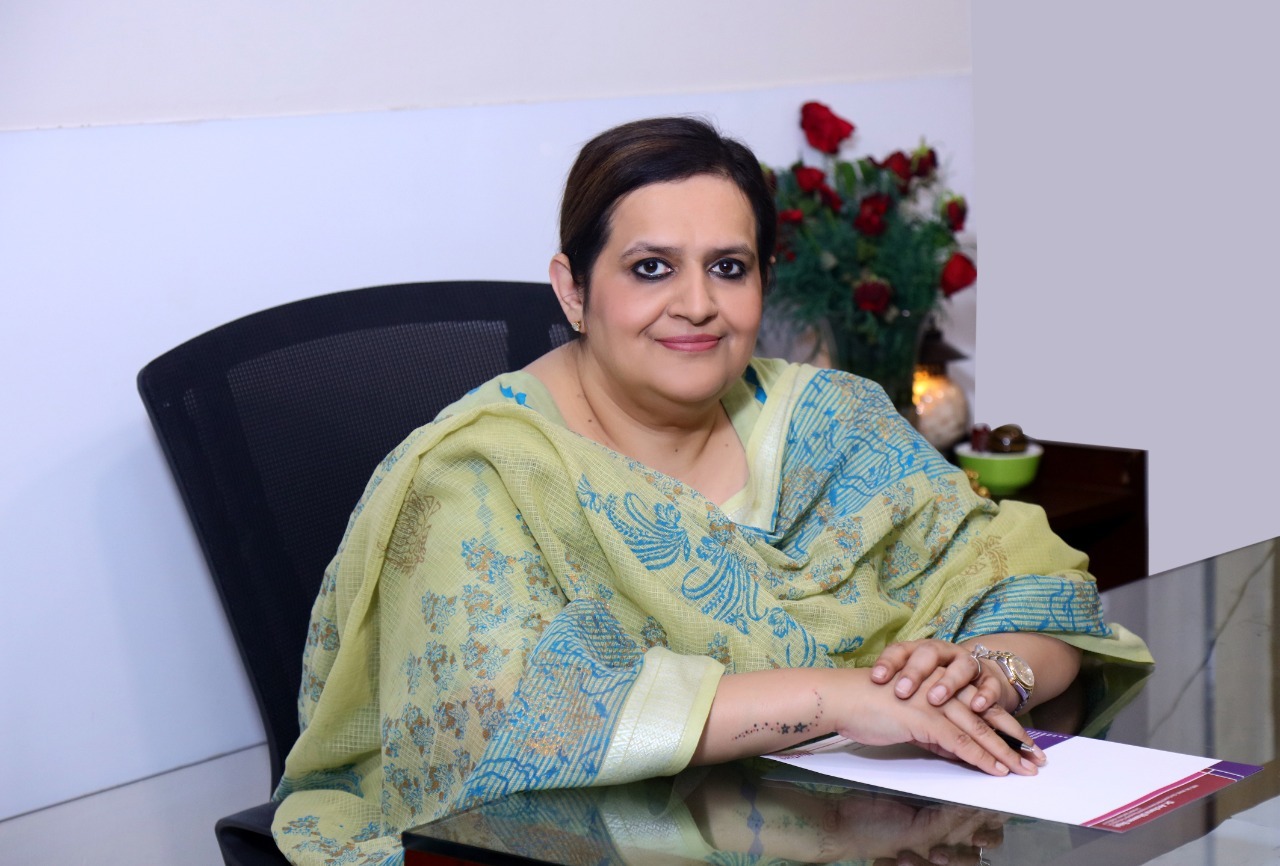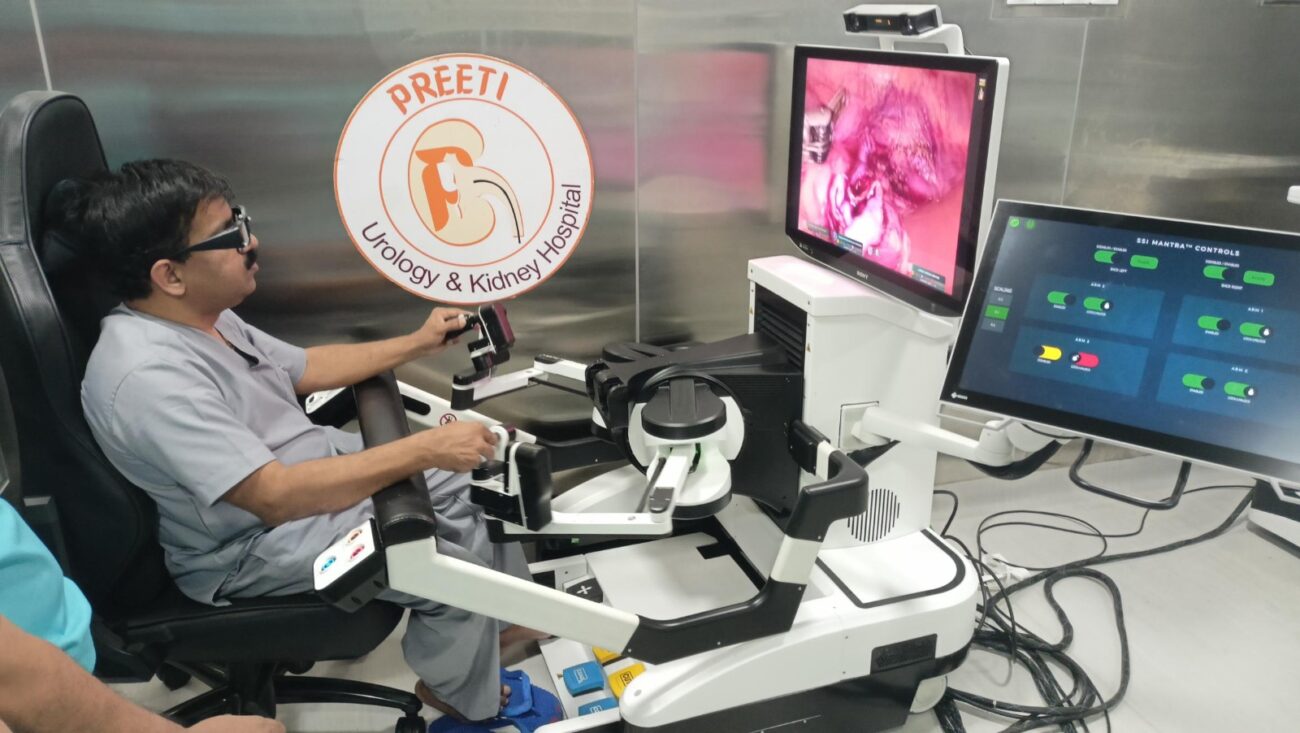Dr. Archana Dhawan Bajaj, Gynaecologist, Obstetrician and IVF Expert, Nurture IVF Clinic
IVF Treatment: Trends, Success Rates and Tech Holding your bundle of joy is a dream come true for many couples, however, for some it can be a challenge. Thanks, to medical advancements like In vitro fertilization

IVF Treatment: Trends, Success Rates and Tech
Holding your bundle of joy is a dream come true for many couples, however, for some it can be a challenge. Thanks, to medical advancements like In vitro fertilization (IVF), millions of couples across the globe can full their dream of becoming parents.
Currently, India performs 2 to 2.5 IVFs on average per year. Nevertheless, estimates show that this number might increase to 5 to 6 lakhs cycles yearly, with a market value of $3721 billion by 2030 as opposed to $793 million in 2020.
Recent years have seen significant advances in IVF that have further improved the success rates of the procedure along with expanding treatment options for patients and leading to better outcomes.
Here, let us learn more about some promising innovations in IVF that have further improved success rates of the procedure.
Stem cell treatment is already being used in various fields of medicine where it is proving to be a game-changer. The procedure is a significant advancement in IVF treatment that replaces damaged stem cells in your body are with healthy stem cells extracted from bone marrow or fat tissues. Also called as totipotent stem cells, they have the extraordinary ability to regrow into any type of cell and attach to the area that needs reconstruction and healing. Artificial intelligence (AI) is another trend which is increasingly becoming popular in the field of IVF. This medical advancement with the potential to analyze large amounts of data and identify patterns that may not be visible to the naked eye make them valuable tools for predicting pregnancy outcomes and selecting most viable embryos for transfer.
Furthermore, by combining with time-lapse imaging (TLI) technology, AI may aid in continuing projections from fertilisation through the blastocyst stage. Embryo growth may be tracked in real time by using time-lapse imaging. Studies show that AI can increase the success rate of IVF by assisting physicians in choosing the finest embryos for transfer and lowering the chance of miscarriage.
Other important trends in the field of IVF include assisted hatching, cryopreservation, and peri-implantation genetics. Assisted hatching involves making a small hole in the outer layer of the embryo to assist in hatching and implantation in the uterus. This technique is particularly shown to increase success rates in those with poor embryo quality and advanced maternal age. Robotic technology and nanobots have automated the process of intracytoplasmic sperm injection (ICSI) allowing a real-time analysis of oocyte penetration with the selection of best sperm or embryo for a particular circumstance. Nanotechnology helps to select the best sperm and send it to the egg where it is implanted to develop a healthy embryo.
Cryopreservation or fertility preservation is becoming popular with patients opting to freeze their eggs, sperms or embryos for future use. The process is particularly useful to preserve a person’s reproductive health because of certain medical conditions. Besides, it also helps to improve the success rates of IVF by helping to select best embryos for transfer known as Frozen embryo transfer. Preimplantation genetic screening (PGS) and preimplantation genetic diagnosis (PGD) help reduce the risk of miscarriage and improve the chances of successful pregnancy. Besides, they are also being used for screening of genetic disorders allowing patients who are carriers of genetic disease to have healthy children.
It goes beyond doubt that reproductive technologies have seen significant advancements in recent years and continue to evolve and improve. While it is clear that they offer a promising future for those looking at starting a family, however, there is a still lot to learn about these technologies and their impact on fertility treatment.






